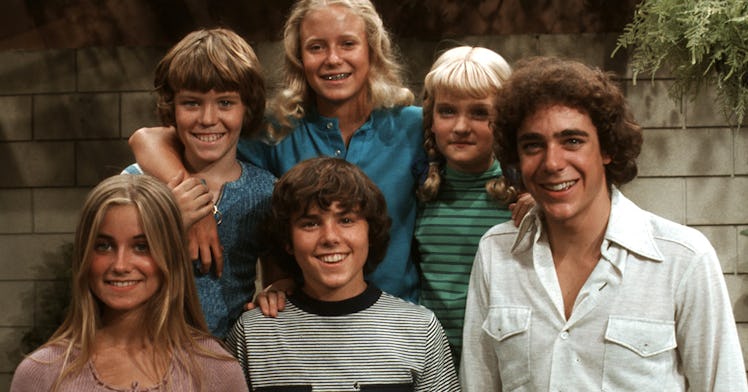Finally, an Answer to the Question: Does Birth Order Matter?
Good news for the firstborns: sort of.

Birth order has been blamed for everything from intellect to narcissism to compassion. Sigmund Freud, a firstborn, might be smarter, but he gets all worked up about losing the attention of his mother. Arnold Schwarzenegger (a number two) feels inferior and tries extra hard to win the approval of his father by lifting a lot of weights. And third-borns naturally have an inferiority complex, unless you’re Napoleon (a fourth born), in which case you have a Napoleon complex and compensate by conquering Europe.
Beyond the pseudoscience and anecdotes, there’s mixed evidence on whether birth order matters. German researchers studied over 20,000 family panels for psychometric intelligence (that’s “IQ” to non-German researchers) and the Big 5 personality traits: extraversion, neuroticism, agreeableness, conscientiousness, and openness to experience. And science says … firstborns really are smarter – marginally. Firstborns average one-and-a-half IQ points higher than their younger siblings, so really, not by much. As for the Big 5, the researchers couldn’t find any support for birth order-related personality effects of any stripe. And given the size of the study, even Napoleon couldn’t challenge the results.
One 2009 study used a random sample of British households (essentially the British census) to examine how birth order affects one’s educational achievements. Researchers found that younger children born to larger families received less education than older children and those born to smaller families. They attributed this finding to parents needing to divide attention and resources further with each child that’s born.
A 2015 study of over 300,000 American high school students confirmed that firstborns tend to have an IQ of one point higher (as well as some different personality traits) than younger children, but overall there were no statistically significant differences.
Most recently, researchers examined the theory that birth order influences adult risk-taking, the idea being that younger children, who need to work harder for their parent’s attention, are more likely to engage in risky behavior. The theory doesn’t hold up. The three-part study, published in 2019, concludes that, “We searched for evidence in survey, experimental, and real-world data, analyzing self-reports, incentivized risky decisions, and consequential life choices, but the findings point unanimously in the same direction: There are no birth-order effects on adult risk-taking.” There you have it.
So, while your children are fighting their way through childhood, you can rest assured that no long-term damage is being done to their psyche just because one is older than the other. Long-term damage is more likely to originate from the older one giving the younger one a swirlie.
This article was originally published on